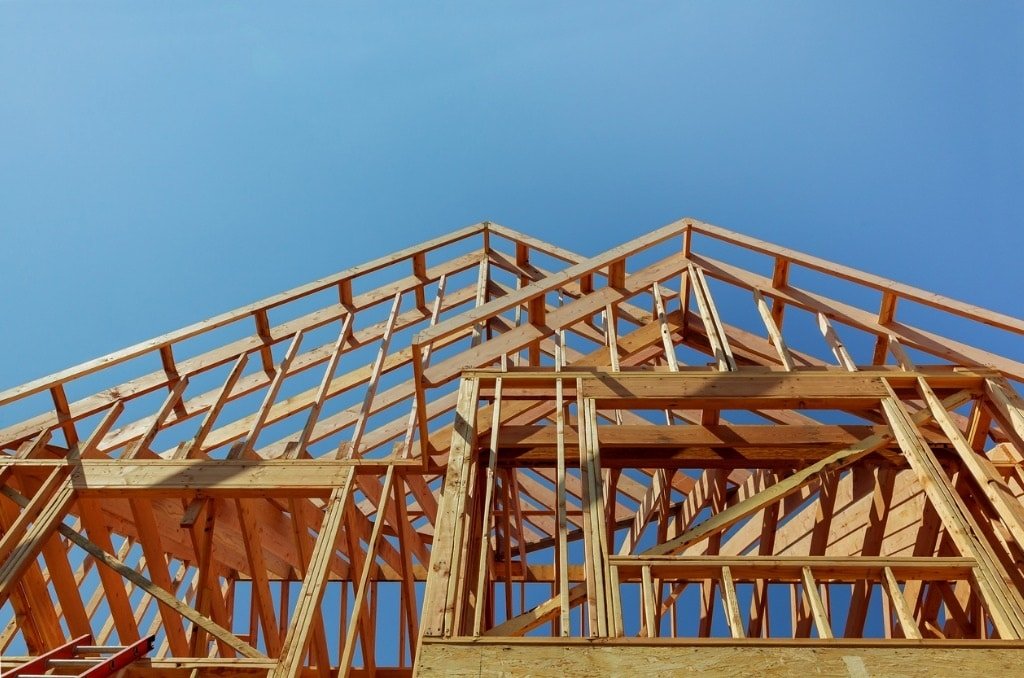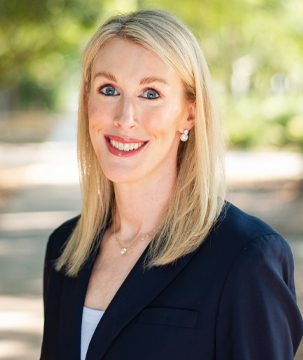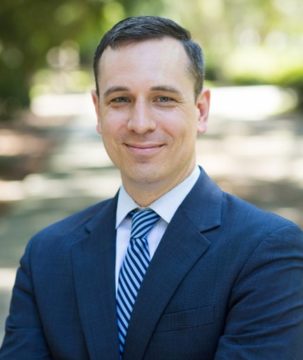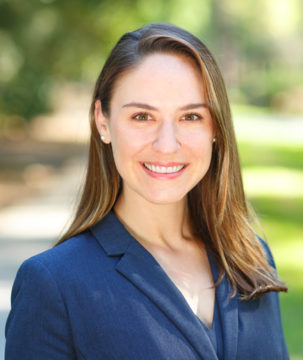Our Clients Say it Best
Free No-Obligation Consultation. Call (843) 920-4180
Our injury attorneys have been seen on media outlets, including:

Our Construction Defect Attorneys Have Over 170 Years of Combined Experience
We've Recovered Over $800 Million For Our Clients
Beach Condo Defect
Product Defect Settlement
Auto Accident Settlement
Truck Accident
You Deserve Compensation
GET THE COMPENSATION YOU DESERVE
CALL (843) 920-4180
Construction Defect Lawyer representing Charleston & Nearby Areas of South Carolina
Your home is supposed to be a personal haven and one of your biggest investments. You likely spent a long time and a lot of money to find the perfect house to serve you and your family for years to come. That is why a construction defect in your house, townhome or condo can devastate you.
Construction defects can cause property damage that lowers the value of your investment and, in some cases, results in safety and health hazards to the people living in and around the building. Act quickly to guard your investment and fix your home by contacting attorneys experienced in construction defect litigation.
Our team of construction defect lawyers at Steinberg Law Firm is passionate about defending the rights of homeowners, and we know what it takes to bring an effective case to recover damages for building defects. Do not hesitate to contact our construction litigation attorneys today.
What is a Construction Defect?
A construction defect is anything in your home, townhome, or condo that does not meet a standard the work is required to comply with. Under South Carolina law, everyone who worked on or developed your home was required to meet certain standards in constructing the home. Specifically, they are required to construct a home that is habitable and to perform their work in accordance with the building code and industry standards. If your home is leaking, is falling apart, or has other issues, it likely does not meet these standards. Some construction defects are immediately observable whereas others are not noticeable until years after the home was completed and cause damages over the course of those years. For example, defects can be hidden inside the walls, foundation, or roof of your home and not noticeable until the defect causes damage in other parts of the home.
Common construction defects we encounter are:
- leaks and rot in exterior walls,
- leaking windows,
- leaking and failing roofs,
- soil settlement, foundation movement, and foundation cracks,
- cracking brick masonry,
- moisture and mold problems,
- cracking, separating, bowed, or stained flooring,
- yards that hold water and don’t drain, and
- heat and air conditioning systems that do not perform or cause moisture problems.
Construction defects can be caused by:
- Negligent construction work;
- Defective building materials;
- Negligent architectural, engineering, or other design work; and
- Negligent soil analysis or soil placement.
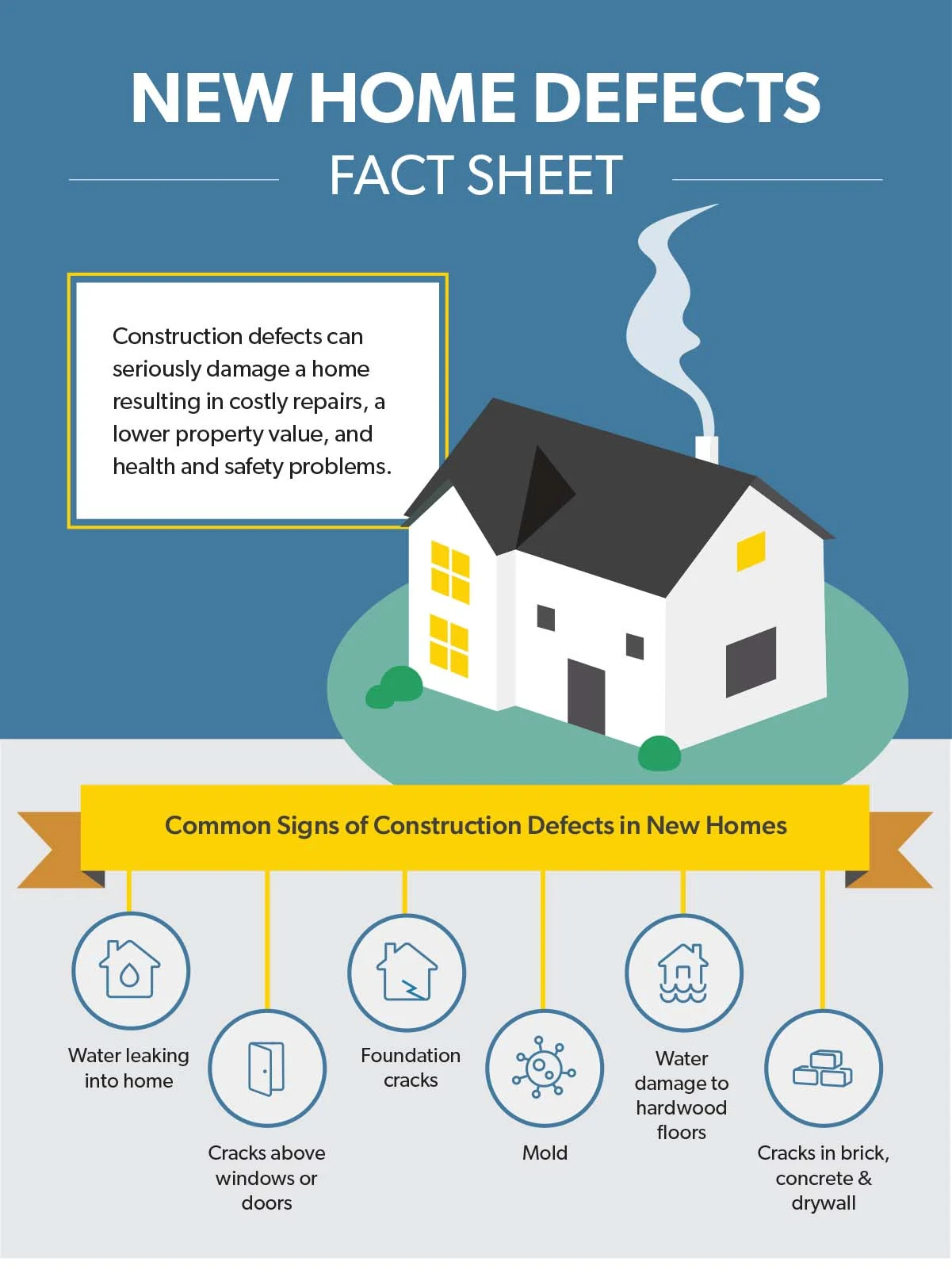
Under South Carolina law, everyone who worked on or developed your home was required to meet certain standards in constructing the home.
Who Is Responsible and Liable For A Construction Defect?
Under South Carolina law, the developer, general contractor, and subcontractors are all responsible for the quality of your home and are potentially liable for defects in your home. When a developer sells a new home to a buyer, the law provides that the developer is guaranteeing that the home is habitable and free from defects. Similarly, when a general contractor and subcontractors construct a home, the law provides that they guarantee they performed the work properly.
The developer, general contractor, and subcontractors can all be liable together for defects in a home. For example, while a subcontractor may have installed the windows in a home and the developer or general contractor’s employees may not have touched the windows, the developer and general contractor can still be liable for defects in the windows.
Homes can also suffer from design defects as a result of improper work by architects or engineers. In those instances, the architect or engineer may also be liable for defects in a home.
Additionally, we sometimes encounter products installed in homes that were defectively manufactured or produced. In those cases, the manufacturers and distributors of those products may also be liable.
